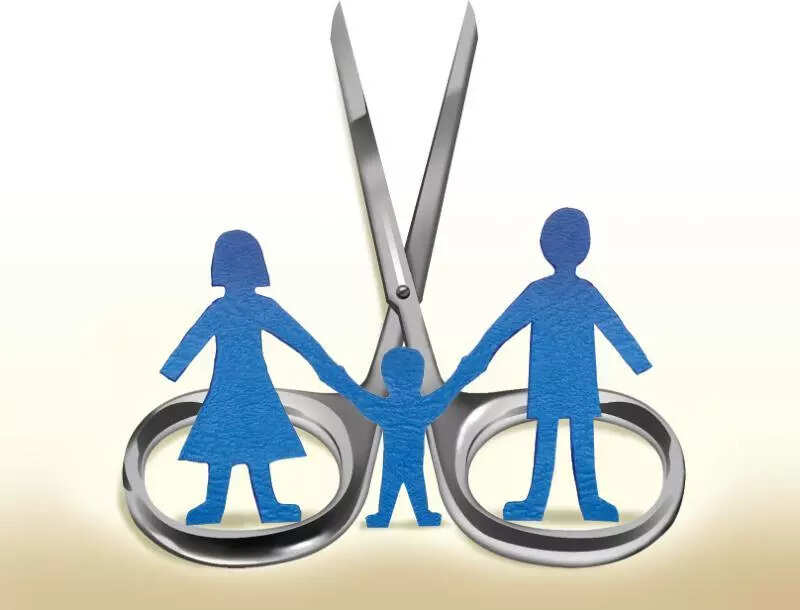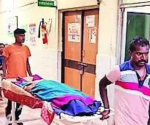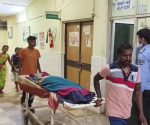Tribal Districts in Odisha Lead Male Sterilisation Programmes: Koraput Tops Participation | Bhubaneswar News

Bhubaneswar: Tribal districts in Odisha are showing significantly higher participation in male sterilisation programmes compared to their more urbanised and educated counterparts. According to recent data from the health and family welfare department, Koraput district leads the state with 307 vasectomy cases in 2023-24, contributing substantially to the state’s total of 1,772 cases.
State health minister Mukesh Mahaling highlighted the stark contrast between tribal and urban districts, noting that awareness levels for vasectomy are remarkably high in tribal regions like Koraput, Rayagada, Kandhamal and Malkangiri.
Conversely, districts with higher literacy rates such as Khurda, Balasore and Puri show minimal interest in male sterilisation programmes.
“We’re witnessing a paradigm shift in family planning, moving from a female-centric approach to including both genders,” Mahaling added, emphasising that vasectomy does not affect masculinity.
The disparity in participation is evident across the state. While some tribal districts show impressive numbers, Deogarh district reported zero cases last year.
Several other districts, including Sambalpur, Sonepur, Nuapada, Balangir, Nayagarh, Dhenkanal and Angul, recorded only single-digit figures.
The department has launched a dedicated vasectomy fortnight to boost male participation in family planning. The initiative already showed promising results, with cases nearly doubling from 900 in 2021-22 to 1,772 in 2023-24.
The state has set a target of exceeding 2,000 vasectomy cases in the current financial year.
State health minister Mukesh Mahaling highlighted the stark contrast between tribal and urban districts, noting that awareness levels for vasectomy are remarkably high in tribal regions like Koraput, Rayagada, Kandhamal and Malkangiri.
Conversely, districts with higher literacy rates such as Khurda, Balasore and Puri show minimal interest in male sterilisation programmes.
“We’re witnessing a paradigm shift in family planning, moving from a female-centric approach to including both genders,” Mahaling added, emphasising that vasectomy does not affect masculinity.
The disparity in participation is evident across the state. While some tribal districts show impressive numbers, Deogarh district reported zero cases last year.
Several other districts, including Sambalpur, Sonepur, Nuapada, Balangir, Nayagarh, Dhenkanal and Angul, recorded only single-digit figures.
The department has launched a dedicated vasectomy fortnight to boost male participation in family planning. The initiative already showed promising results, with cases nearly doubling from 900 in 2021-22 to 1,772 in 2023-24.
The state has set a target of exceeding 2,000 vasectomy cases in the current financial year.
















